There are many things that the SNP does not want you to believe.
It does not want you to believe that this election was about independence.
This is despite former First Minister Nicola Sturgeon suggesting it would be a de facto referendum, and both her successors offering various iterations – by seats or by votes – of the same proposal.
This is despite independence being the fabled page one, line one offer of the SNP manifesto.
And it is despite SNP politicians – from John Swinney to Stephen Flynn – repeatedly saying a vote for the nationalists was a vote for independence.
The SNP also does not want you to believe that this election was about competence.
It was not about the record high NHS waiting lists under the SNP in Scotland, or the falling educational standards, or the decaying infrastructure.
It was not about Michael Matheson, the coalition with the Scottish Green Party or the campervan.
Instead, the election was about “UK-wide change” and a reaction against the Westminster status quo.
The SNP finally does not want you to believe that this election was about leadership.
John Swinney has, after all, only been in the job for a few months and cannot be held accountable for the mistakes of his predecessors.
No leader, regardless of their charisma or strategic nous, could have held back what the SNP’s Westminster leader dubbed the “Starmer Tsunami”.
Each of these propositions is, of course, so obviously false that there is little point wasting column inches refuting them.
But the fact the SNP is already engaging in such acts of self-deception is revealing.
‘Reality far more dangerous for SNP’
The fact is that independence – or, perhaps, the constitution more widely – is simply not the motivating factor it once was.
Ahead of the election, there was much speculation about whether the pro-independence vote would split, either to the Scottish Green Party or Alex Salmond’s Alba Party, allowing a unionist opponent to come through the middle.
That did not happen, but the reality is far more dangerous for the SNP: pro-independence voters appear increasingly willing to back pro-union parties, particularly Scottish Labour.
Dundee Central provides a good case in point.
This is the heart of Scotland’s Yes City, nominally the most pro-independence place in the country.
And yet Scottish Labour came within touching distance of defeating the SNP here, not because the pro-independence vote was split but because people no longer vote along constitutional lines.
Similarly, the SNP’s reputation for competence is now in tatters.
Smooth and uncontroversial government was the bedrock of the nationalists’ success from 2007 to 2015.
It won them a majority in the Scottish Parliament in 2011 and was a significant but often overlooked factor in their landslide at the 2015 general election.
Most seriously, it was the reason so many – far too many – people backed Yes in 2014.
But without that record of delivery to fall back on, there is only one direction the SNP’s vote share is going to go, and it is not up.
‘John Swinney is has-been operating as stop-gap’
Finally, there is the question of leadership.
Both Alex Salmond and Nicola Sturgeon were – despite all their significant and varied flaws – significant electoral assets.
Humza Yousaf was not. John Swinney is more competent than his predecessor but it is not clear he is any more of an electoral asset than him either.
On the contrary, he is a former leader who reluctantly took on the job again having said he intended to retire from politics entirely.
He is, in short, a has-been operating as a stop-gap – and this general election mauling will do nothing to alter that perception.
When all of this is added together, it suggests the three pillars of SNP electoral success are rapidly crumbling, if not already in rubble.
Nationalist strategists will, of course, hope Sir Keir Starmer is a disappointment as prime minister.
The incoming government does face significant challenges – not least around finance – and we can expect the SNP to cry austerity more frequently and more loudly the closer we get to 2026.
Meanwhile, the Labour Party has also made Scotland-specific promises – not least around GB Energy – the SNP will hope fall short of expectations over the next 18 months.
‘Will SNP try something new?’
Yet this is, in truth, pretty feeble stuff.
Hoping for your opponent to fail is not a strategy, and the 2026 Scottish election will come too quickly for people to feel disenchanted with the Labour Party anyway.
That means the SNP must have an honest and frank review of its offer to the people of Scotland if it is to avoid another mauling in 18 months’ time.
The general election has shown independence, the record and the leader simply won’t cut it anymore.
The only question now is whether the nationalists have the courage – and ability – to try something new.
And on current form, that does not look likely in the slightest.
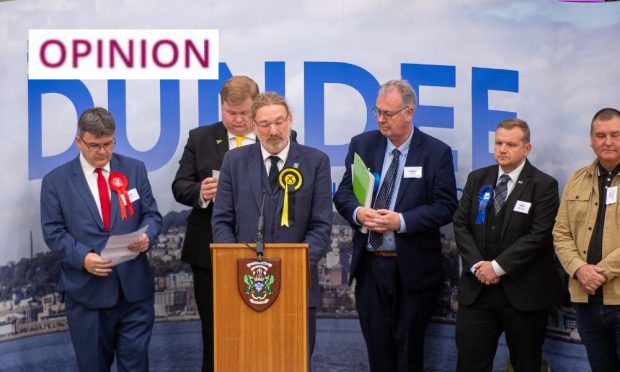
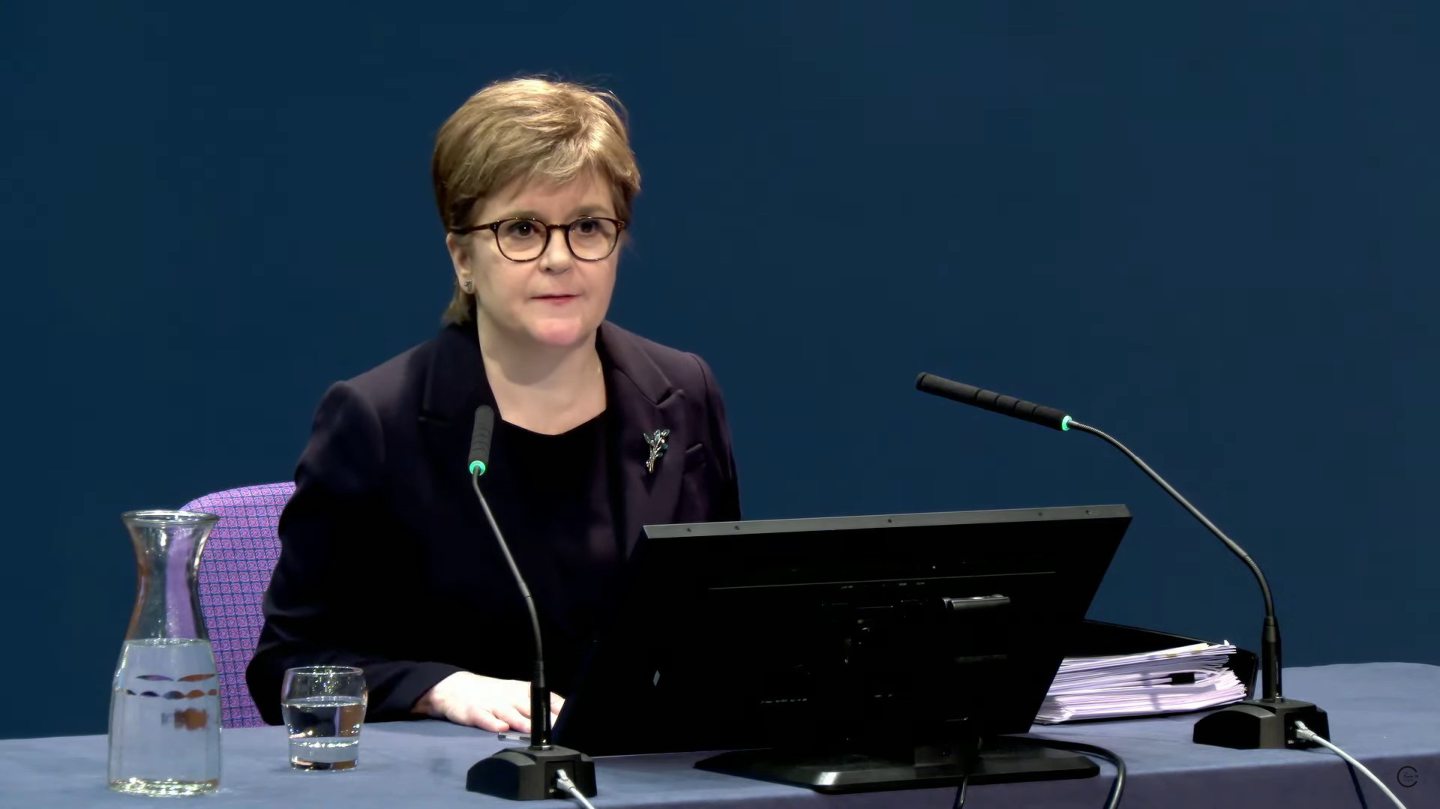
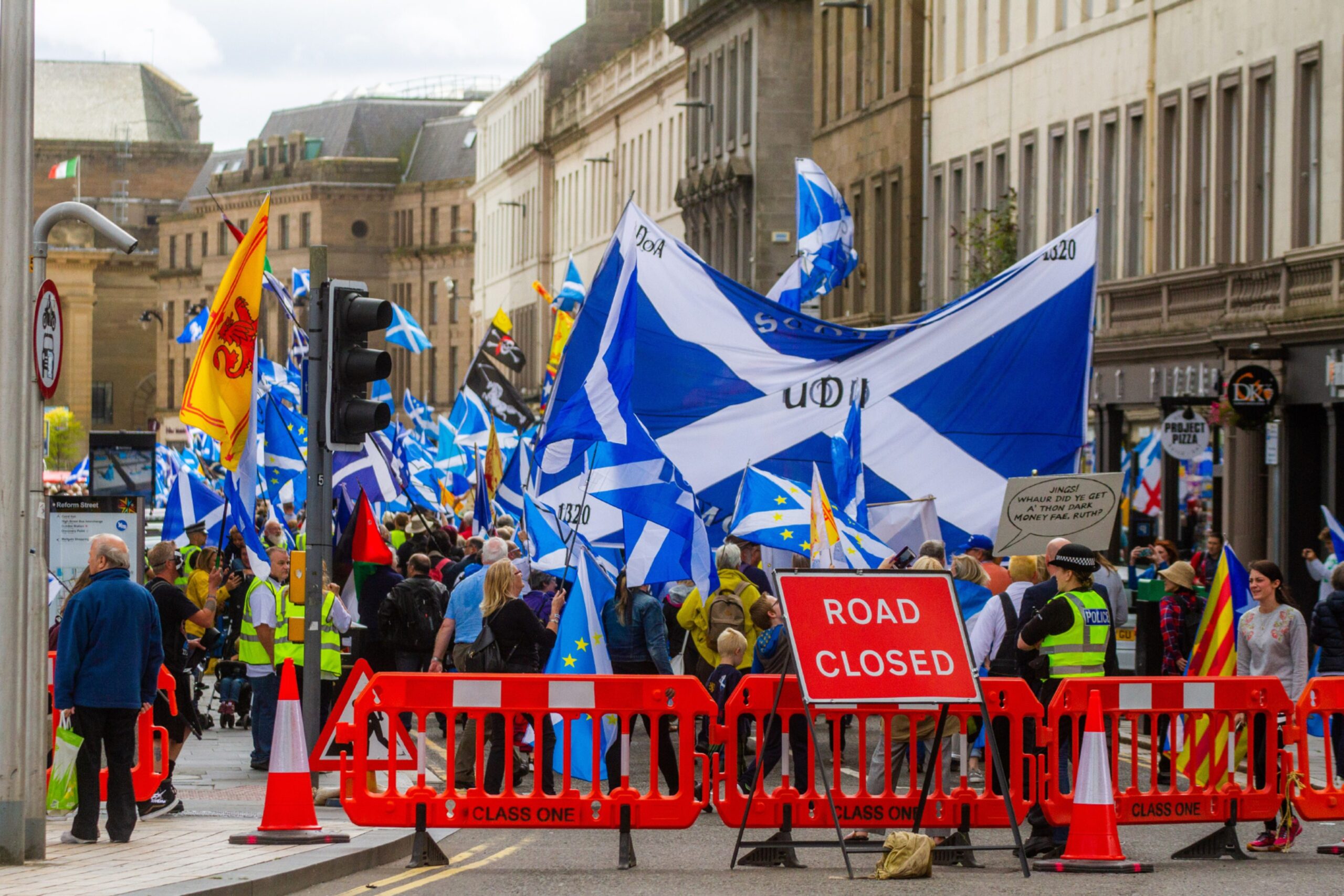
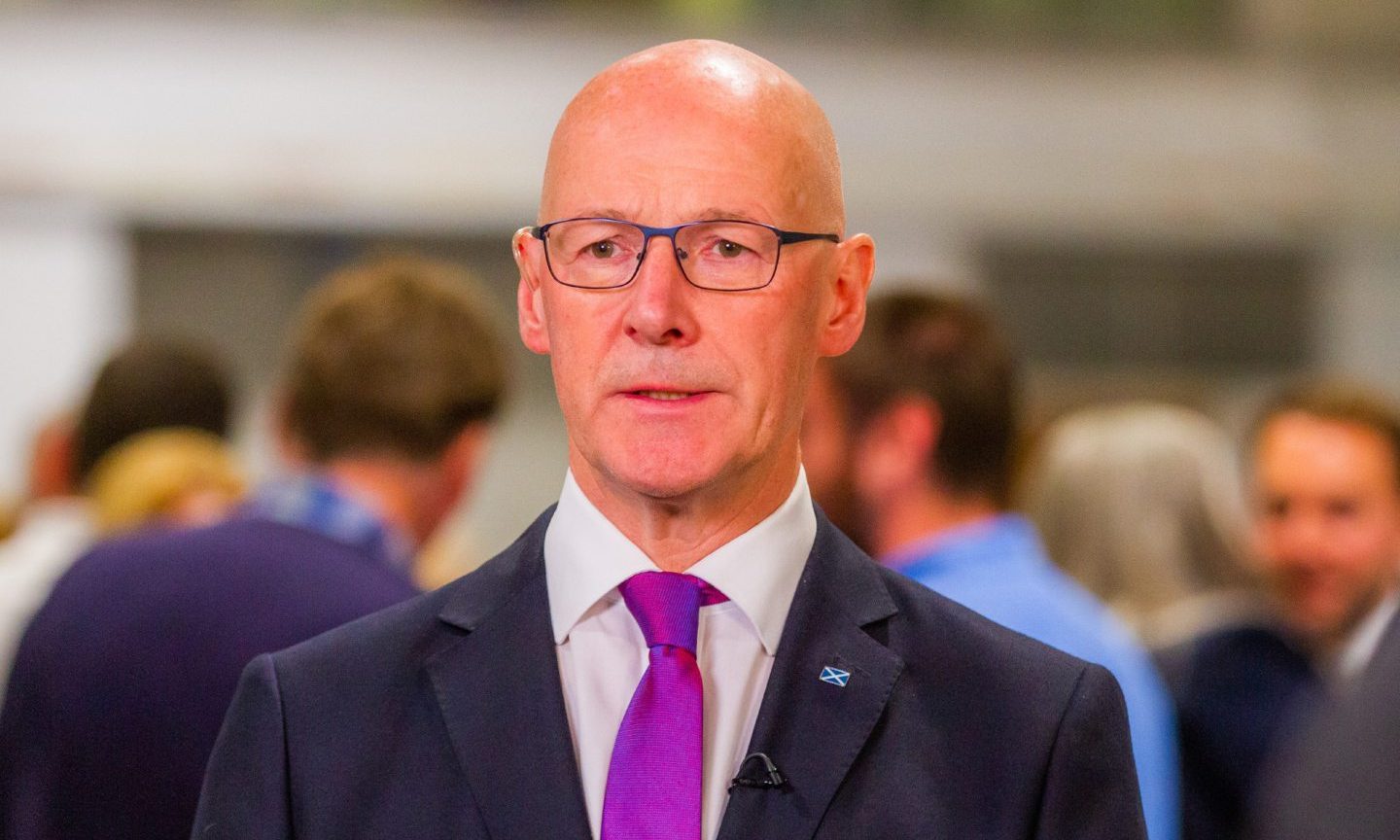
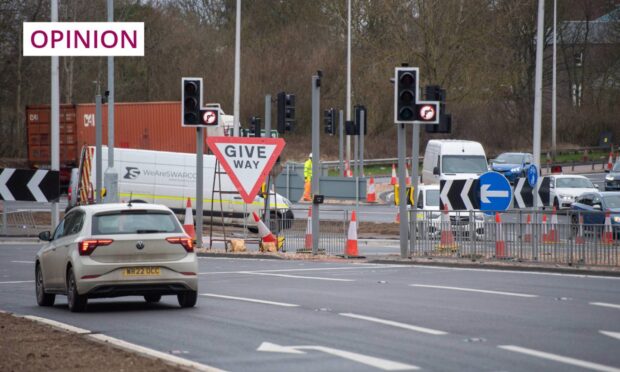
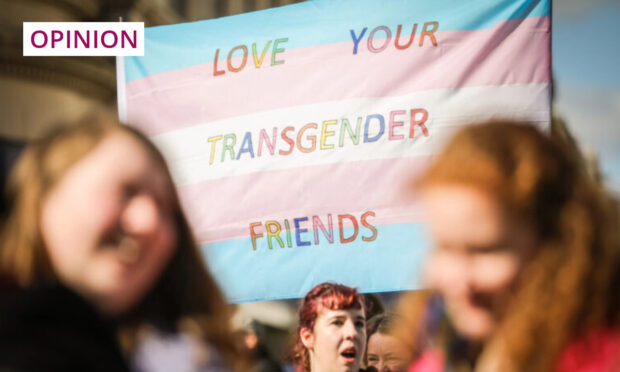
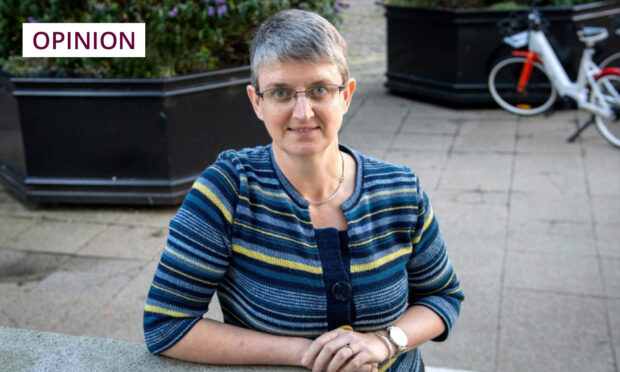







Conversation